Memory
The purpose of memory is not to remember the past, but to extract out lessons and apply them to the future.
When I was 22 I worked on a construction site for a huge, 300,000 sq/ft. Walmart. My young, dumb, non-union ass was employed to do all manner of things - from transplanting grown trees without a fork lift (it would cost the company $50 just to get the union operator to turn the key, so... you’re up, kid) to installing irrigation systems for the new sod that had no business being there. It was a long haul.
What I remember most was laying the asphalt. It was July, it was hot, the molding asphalt made it hotter, it smelled like straight cancer... the list of delightful features goes on. Going forward, any time I would come across a worksite that was laying new asphalt, I would shudder and remember how terrible it was.
It seemed natural to recoil from the smell, as it reminded me of something that sucked, but that wasn’t the purpose of the memory. During that time, I let the company take advantage of my work hours and compensation structure for dozens of hours. I didn’t advocate for myself, and my brain felt the need to keep reminding me of the dangers of not holding the line; and it only has so many tools to do that. Asphalt smelled extra gross for a while.
Since then, there have been a number of scenarios where I have done the opposite - I said no, told people it wouldn’t work, refused bullshit, and let people be disappointed they couldn’t have whatever they felt entitled to.
And oddly enough, asphalt didn’t smell so awful to me today.
Go figure. Close the loops. If the brain is still warning you uncomfortably about a memory, it could be that part of you isn’t convinced you have learned everything you could and have grown in appropriate enough ways to defend yourself from the same danger in the future.
